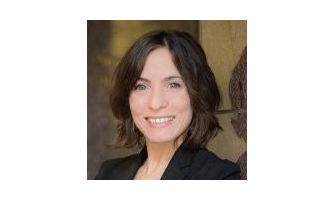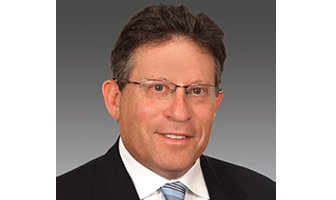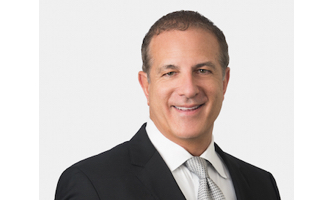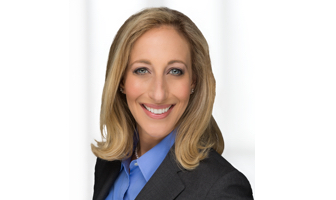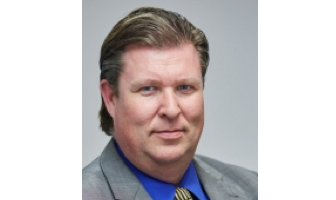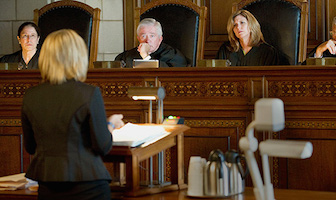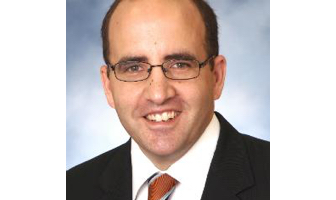Jessica DeNisi is our Latest Featured Speaker!
Our latest featured speaker is Jessica DeNisi from Klasko Immigration Law Partners, LLP!
Jessica will be speaking for us at our upcoming EB-5 Investor Based Immigration Conference in Los Angeles on October 4th and 5th! This is Jessica’s first year speaking with us, and we can’t wait for her presentation!
Jessica DeNisi is an Associate in the firm’s Philadelphia office and a member of the EB-5 practice. Jessica works with developers and investors who seek to use foreign investment capital under the EB-5 program to fund job creating projects either through the creation of a Regional Center or under an existing Regional Center. In preparing and filing I-924 and I-526 petitions, Jessica works with economists, business plan writers, corporate attorneys and market analysts to structure regional centers and their projects. Prior to practicing immigration law, Jessica worked as a tax and business attorney. Jessica completed her undergraduate studies at Wake Forest University and earned an M.A. in Near Eastern Studies from the University of Arizona. Jessica received her J.D. from Tulane University Law School and an LL.M. in taxation from the University of Washington School of Law. Jessica is admitted to practice in California and Louisiana.

